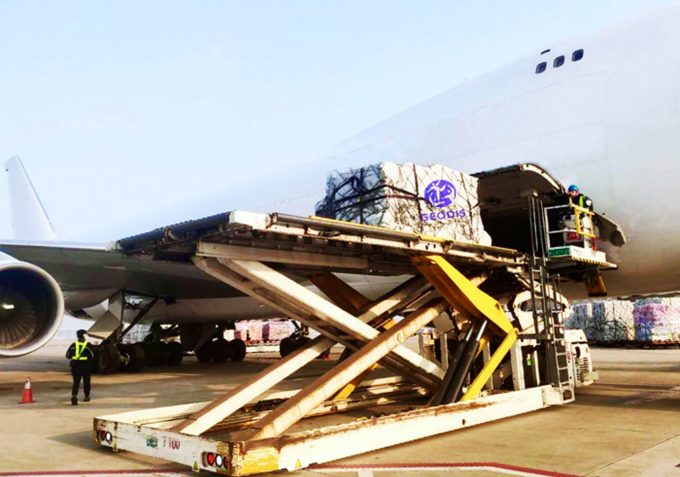DSV obtains all regulatory clearances for Schenker deal
PRESS RELEASE DSV, 1153 – DSV OBTAINS ALL REGULATORY CLEARANCES FOR THE ACQUISITION OF SCHENKER 15.04.2025 Company Announcement ...

Forwarders have had to “rewrite the book on air freight” with an ever-increasing number of long-term charters, changing processes for both forwarders and airlines.
“The second quarter led to a rethink of everything we were doing,” said Björn Eckbauer, global head of operations & procurement at DB Schenker, at the World Cargo Summit yesterday.
A slower third quarter and early peak season – combined with a “collapse” at major airports such as Frankfurt and Chicago O’Hare – added to the changed nature of ...
USTR fees will lead to 'complete destabilisation' of container shipping alliances
Outlook for container shipping 'more uncertain now than at the onset of Covid'
Flexport lawsuit an 'undifferentiated mass of gibberish', claims Freightmate
Cancelled voyages take the sting out of spot rate declines this week
Shippers warned: don't under-value US exports to avoid tariffs – 'CBP will catch you'
New Houthi warning to shipping as rebel group targets specific companies


Comment on this article